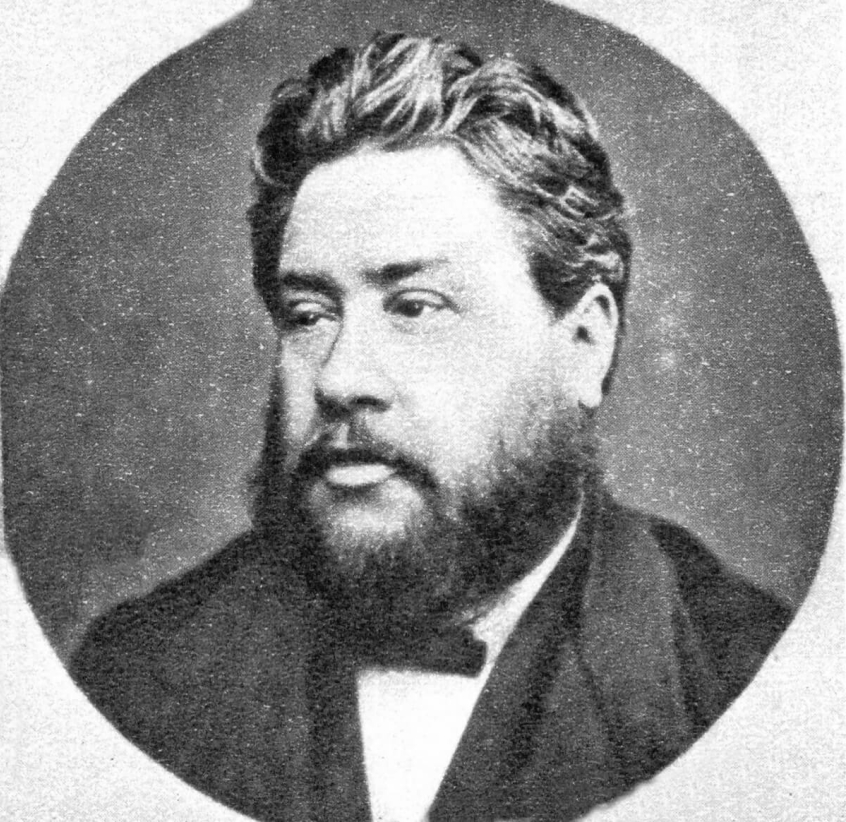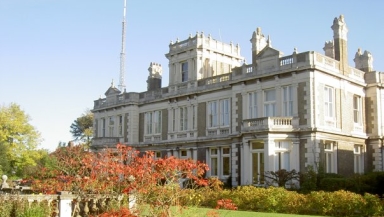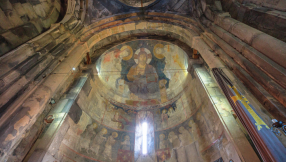
On this day in in 1891, the famed Baptist preacher Charles Haddon Spurgeon gave his final sermon at London's Metropolitan Tabernacle. Known as the 'Prince of Preachers', Spurgeon's words have lived on to inspire countless lives.
Spurgeon was converted at age 15, and soon after began to make his mark on the ministry. When he stepped into preaching, he discovered a gift that soon made him famous. Spurgeon gained a reputation for his poetic voice, fiery energy and sometimes provocative irreverence.
He held to a predominantly conservative, Calvinist theology, but described his creed as simply 'Jesus Christ'. London's Metropolitan Tabernacle was built in 1861 to better fit Spurgeon's vast crowds. There he would weekly address crowds of 6,000, and did so for 30 years.
There are no recordings of Spurgeon's melodic oratory, but a short recording of Spurgeon's son, Thomas, reading from his father's final sermon can be heard at The Gospel Coalition.
In his final address Spurgeon preached Christ as the 'magnanimous captain' who stands up for and saves the weak.
Spurgeon declared: 'Beloved, we follow a noble Prince. Jesus is the chief among ten thousand for tenderness as well as for everything else. How tenderly considerate he is! How gentle and generous! He has never said a stinging word to us ever since we knew him. He is that riches which has no sorrow added to it. He has rebuked us; but his rebukes have been like an excellent oil, which has never broken our heads.

'When we have left him, he has turned and looked upon us, and so he has cut us to the quick; but he has never wounded us with any sword except that which cometh out of his mouth, whose edge is love. When he goes away from us, as David did from those two hundred who could not keep up with him, yet he always comes back again in mercy, and salutes us with favor. We wonder to ourselves that we did not hold him, and vow that we would never let him go; but we wonder still more that he should come back so speedily, so heartily, leaping over the mountains, hastening like a roe or a young hart over the hills of division.
'Lo! he has come to us. He has come to us, and he makes our hearts glad at his coming. Let us indulge our hearts this morning as we take our share in the precious spoil of his immeasurable love. He loves the great and the small with like love; let us be joyful all round.'
Concluding his words, and his iconic ministry, Spurgeon encouraged his audience that Christ 'is always to be found in the thickest part of the battle.
'When the wind blows cold he always takes the bleak side of the hill. The heaviest end of the cross lies ever on his shoulders. If he bids us carry a burden, he carries it also. If there is anything that is gracious, generous, kind, and tender, yea lavish and super abundant in love, you always find it in him.
'These forty years and more have I served him, blessed be his name! and I have had nothing but love from him. I would be glad to continue yet another forty years in the same dear service here below if so it pleased him. His service is life, peace, joy. Oh, that you would enter on it at once! God help you to enlist under the banner of Jesus even this day! Amen.'













